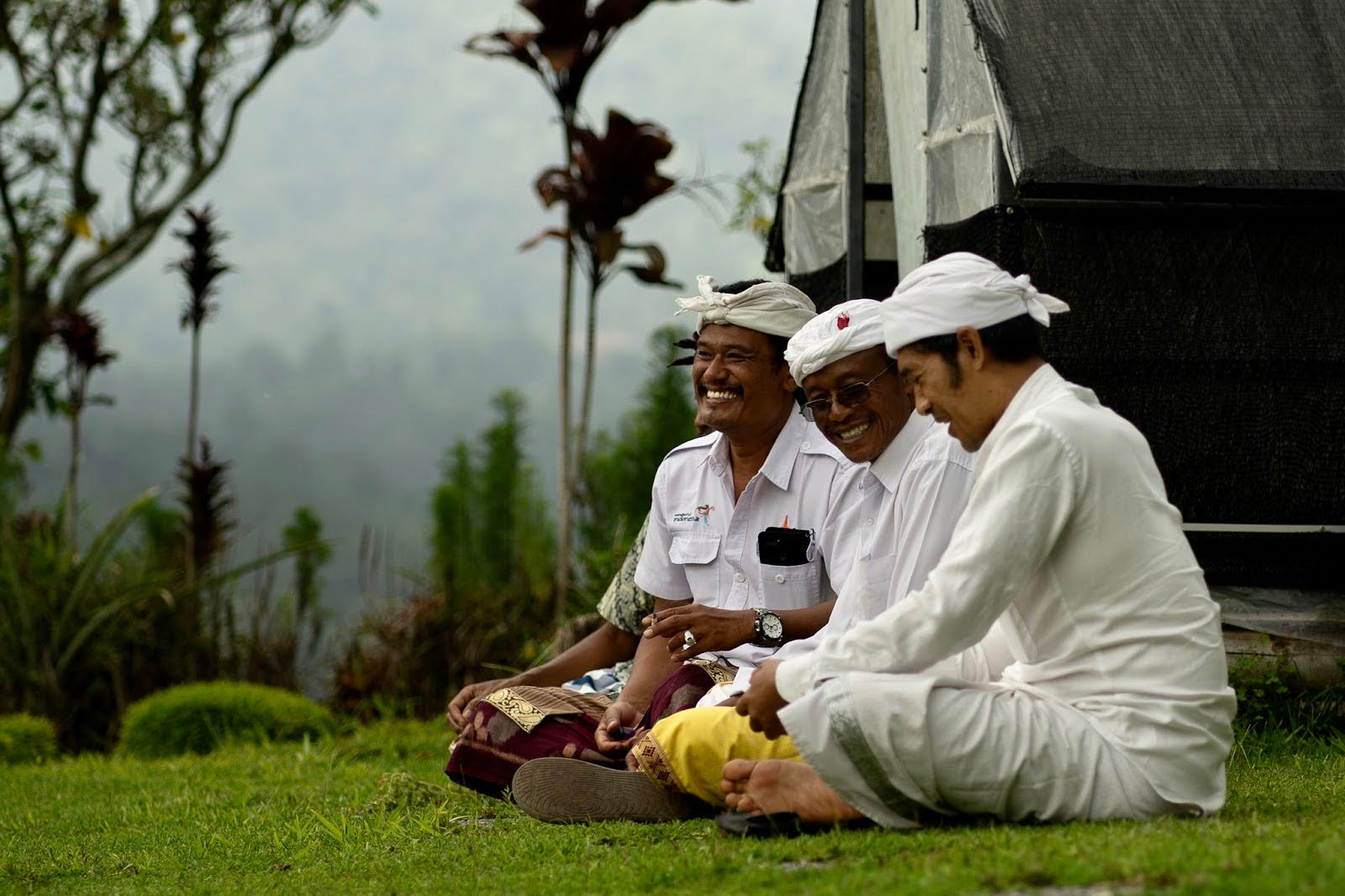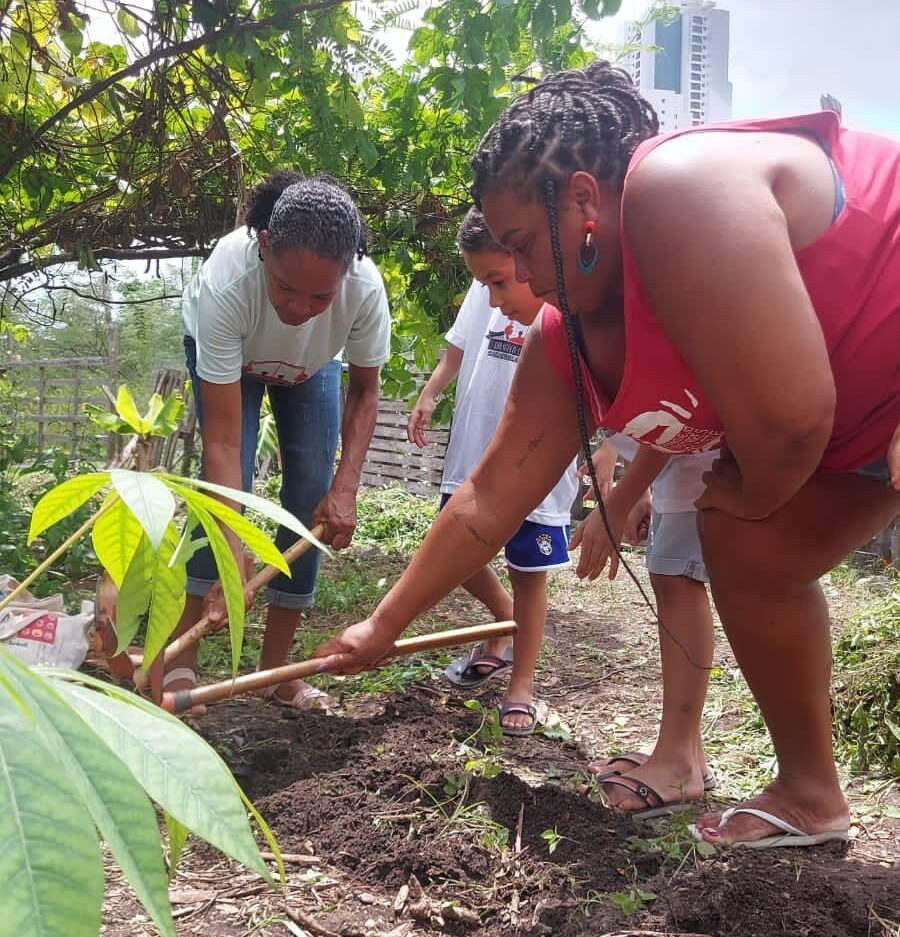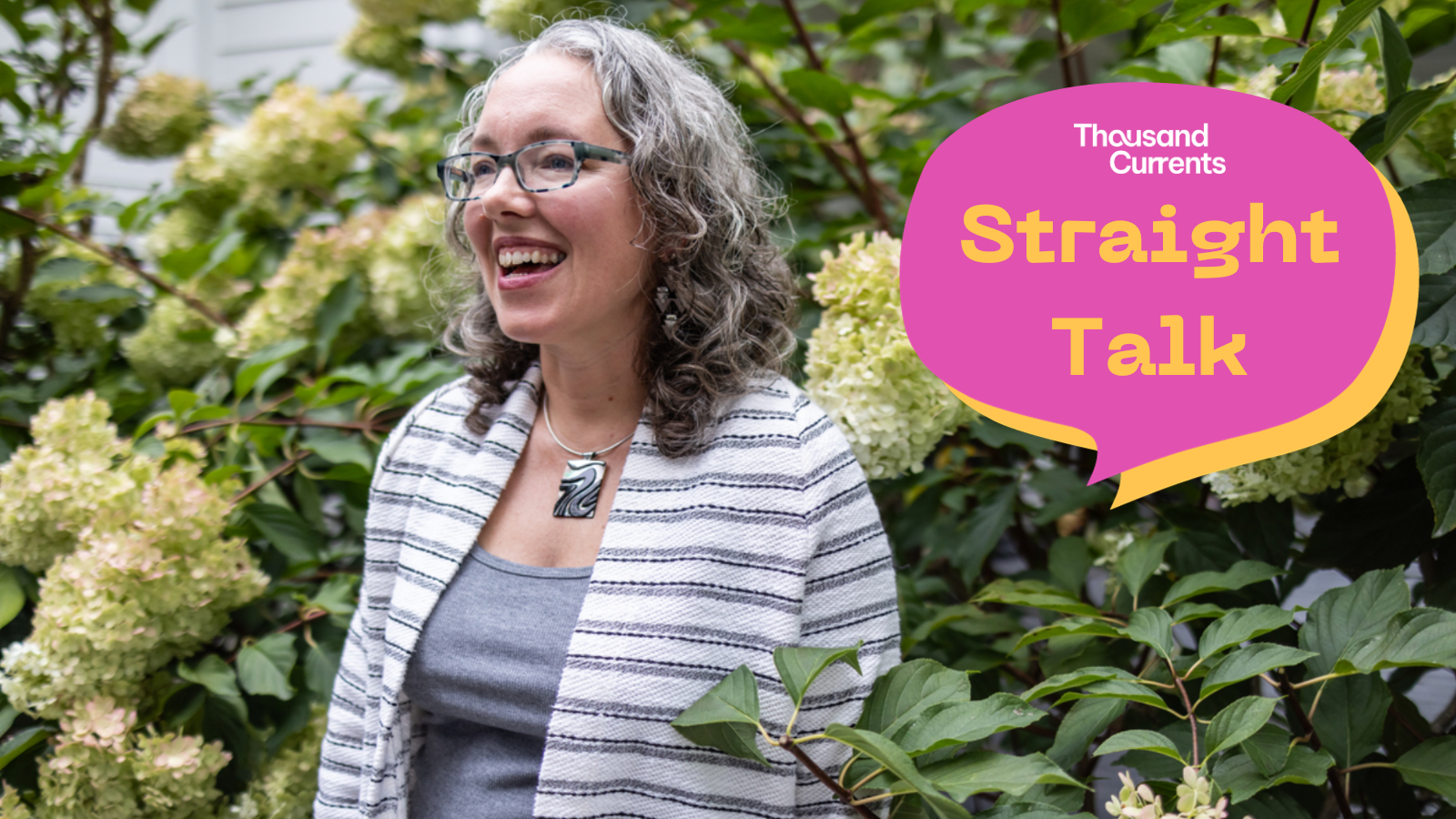Above & Beyond in 2020: Grassroots Partner Stories
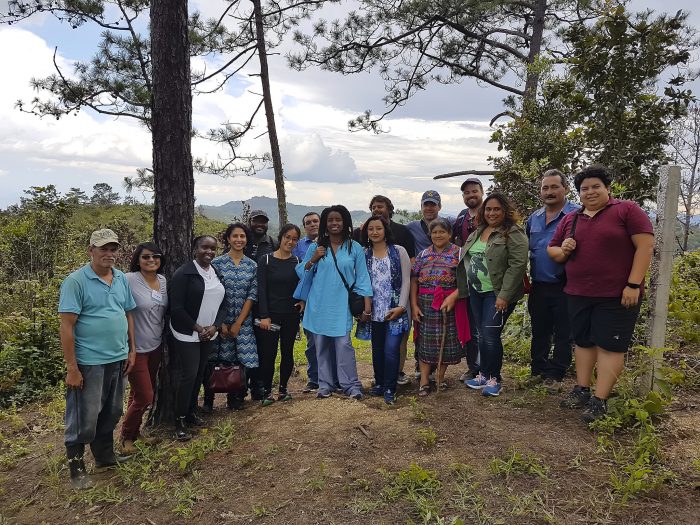
by Cindy del Rosario-Tapan, former Director of Communications
2020 has been a year. If you find yourself fatigued from the COVID-19 pandemic, economic uncertainty, systemic racism, climate change, and all the side effects from these compounding global challenges — you are not alone. The past 12 months have been above and beyond anything many of us could have imagined.
And yet, resilience is woven into the fabric of who we are. We are now at a moment of possibility, where things are breaking open. Thousand Currents’ grassroots partners continue to show us solutions and visions for new ways of being. With fortitude and hope, they go above and beyond to keep building the world that our hearts yearn for.
Unholy Trinity in Central America
It’s impossible to name just one injustice if you are living in Central America. Like so many of our grassroots partners, the people of Guatemala are battling the unholy trinity of economic uncertainty, food insecurity, and unrelenting climate emergencies all at the same time.
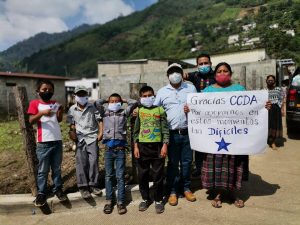
Photo from CCDA/Facebook
So when COVID-19 intensified these challenges, our grassroots partners stepped up to the plate:
Comite Campesino del Altiplano distributed food and goods to their communities after Hurricanes Eta and Iota destroyed beans, rotted herbs, ravaged 80 percent of the corn supply, and caused a dramatic price surge for onions, carrots, and potatoes.
In the northeastern region of Alta Verapaz, where houses are under water, Instituto para la Superación de la Miseria Urbana de Guatemala provided critical humanitarian aid.
While the government cuts $25 million in funding for essential nutrition needs and decreases support for hospitals, Asociación Femenina para el Desarrollo de Sacatepéquez and Women’s Commission of Central America — alongside others — organized mass nationwide protests to denounce the lack of social and economic policies, and call attention to widespread corruption. Read More.
Our grassroots partners fight for dignity, defend their rights, self-determine their needs, and through it all — aspire to live free from oppression, violence, discrimination, racism, and exclusion. And when a global pandemic strikes, they continue this by centering both the immediate and long-term needs of their communities.
Indigenous Peoples in the Philippines
2020 has been a particularly brutal year for Indigenous women who live under the Duterte administration in the Philippines. Faced with three back-to-back typhoons as well as one of the most restrictive lockdowns in the world, our partner, Purple Action for Indigenous Women’s Rights (LILAK), fought back against increased violence, ruined lands, constant hunger, and limited access to health services.
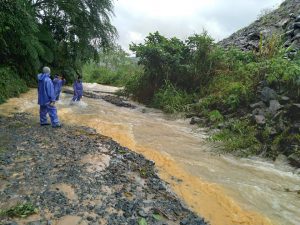 LILAK rose up to meet all these challenges. When typhoons caused widespread damage to homes and rural farmlands, LILAK distributed water, blankets, hygiene kits and other essential supplies for emergency relief. When COVID-19 struck their regions, LILAK organized a solidarity drive called ‘BABAYEnihan’ to distribute food and donations to their communities. And when Tuwali women and men enacted a barricade to prevent destructive mining trucks from entering their Indigenous community, only to watch 100 policemen later demolish it — LILAK documented every single human rights violation.
LILAK rose up to meet all these challenges. When typhoons caused widespread damage to homes and rural farmlands, LILAK distributed water, blankets, hygiene kits and other essential supplies for emergency relief. When COVID-19 struck their regions, LILAK organized a solidarity drive called ‘BABAYEnihan’ to distribute food and donations to their communities. And when Tuwali women and men enacted a barricade to prevent destructive mining trucks from entering their Indigenous community, only to watch 100 policemen later demolish it — LILAK documented every single human rights violation.
Led by the people, LILAK led a diligent and determined effort to combat authoritarianism, create a common agenda, and support their community’s call for the most pressing needs—especially in times of crisis. Day in and day out, LILAK’s collective of Indigenous women, feminists, anthropologists, human rights advocates, environmentalists, and lawyers know how to do just that.
Land, Housing and Dignity in South Africa
When you are living in post-apartheid South Africa, you are all too familiar with the fight to build power from the ground up. Add a pandemic-induced lockdown, and Abahlali baseMjondolo (ABM) found that the issues of land, housing, and access to public services came to a head. ABM promptly stepped up by relying on its fifteen year history of advocacy and direct action.
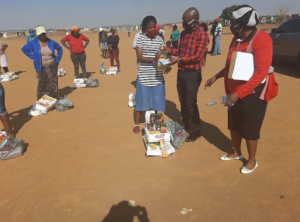 For years, the government has ignored the members of ABM — landless peoples, shack dwellers, street traders, and hostel dwellers — providing little to no access to water and sanitation. When COVID-19 exacerbated these conditions, ABM negotiated provision of water tanks and other hygiene products to their members.
For years, the government has ignored the members of ABM — landless peoples, shack dwellers, street traders, and hostel dwellers — providing little to no access to water and sanitation. When COVID-19 exacerbated these conditions, ABM negotiated provision of water tanks and other hygiene products to their members.
Meanwhile, the government continued to remain absent with no food parcels or grant support for their communities. So ABM, in addition to providing for the needs of their communities, strategically put pressure on government officials to prevent an even wider health crisis. At the same time, ABM mobilized hundreds of its members to protest ongoing state corruption, forced evictions, and increasing violence in a march to City Hall.
In a year where inequities worsened on every front, ABM filled a government-sized hole by being the first responders during a global public health crisis. They centered the needs of their members, a community that has continually been neglected, and refused to leave anyone behind. With equal measure, ABM fights to address the immediate needs of their community and change long-term conditions.
Food Solidarity in Peru
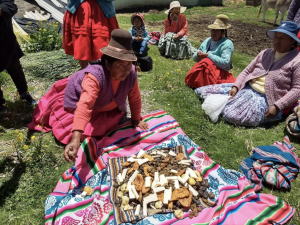 There is no such thing as downtime for Peruvian women working towards food solidarity. When COVID-19 hit their region, the National Network of Women Farmers for Family Agriculture leaned into what they do best: providing customized and continuous support for Indigenous farmers in their communities. So what happens when there’s a global pandemic and ongoing needs that cannot be put on hold?
There is no such thing as downtime for Peruvian women working towards food solidarity. When COVID-19 hit their region, the National Network of Women Farmers for Family Agriculture leaned into what they do best: providing customized and continuous support for Indigenous farmers in their communities. So what happens when there’s a global pandemic and ongoing needs that cannot be put on hold?
The National Network responds by:
- Creating Community Solidarity Committees to use traditional medicine and ancestral knowledge for those with COVID-19 symptoms.
- Delivering food baskets and critical monetary aid to women and families in isolated rural areas.
- Distributing important information in different Indigenous languages. At the same time, the National Network also organizes farmer-to-farmer convenings and equips their community with supplies, tools, and guidance for the 2021 agricultural season.
No matter the circumstances, the National Network tirelessly supports their members wherever they are—all while advocating for economic independence, upholding agroecological practices, and respecting women’s rights. In a year with so many challenges, they showed us how that kind of commitment leads to lasting solutions.
Solving Multiple Crises in Fiji
Located in the tropical Pacific Islands, Fiji-based DIVA for Equality is all too familiar with climate emergencies. But this year, they faced multiple compounding challenges. In the midst of their COVID-19 lockdown in April, Fiji was also slammed with Harold — a category 5 cyclone.
DIVA mobilized immediately to go above and beyond. They organized food aid through a grassroots organized distribution model that reaches children wherever they are, while also creating opportunities for women and gender nonbinary people who lost their jobs during the pandemic.
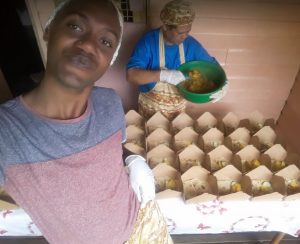 DIVA’s intersectional solutions primarily serve communities who are marginalized, including single mothers, women living with disabilities, LGBTQI people, and senior citizens—many of whom are facing increased stigma and violence in these times. Centered by their ongoing mission to build feminist power, DIVA disseminated critical evacuation and safety guidance around the ongoing storms, launched a feminist radio show with timely and accurate information about COVID-19, and provided mental health support to uphold community well-being.
DIVA’s intersectional solutions primarily serve communities who are marginalized, including single mothers, women living with disabilities, LGBTQI people, and senior citizens—many of whom are facing increased stigma and violence in these times. Centered by their ongoing mission to build feminist power, DIVA disseminated critical evacuation and safety guidance around the ongoing storms, launched a feminist radio show with timely and accurate information about COVID-19, and provided mental health support to uphold community well-being.
Contextual knowledge, solid relationships, and well-established networks are essential to solving the multiple crises communities face. A feminist organization with deep grassroots connections, DIVA was able to build on its existing support structures to organize timely and meaningful support to those who need it most.
Related Stories
